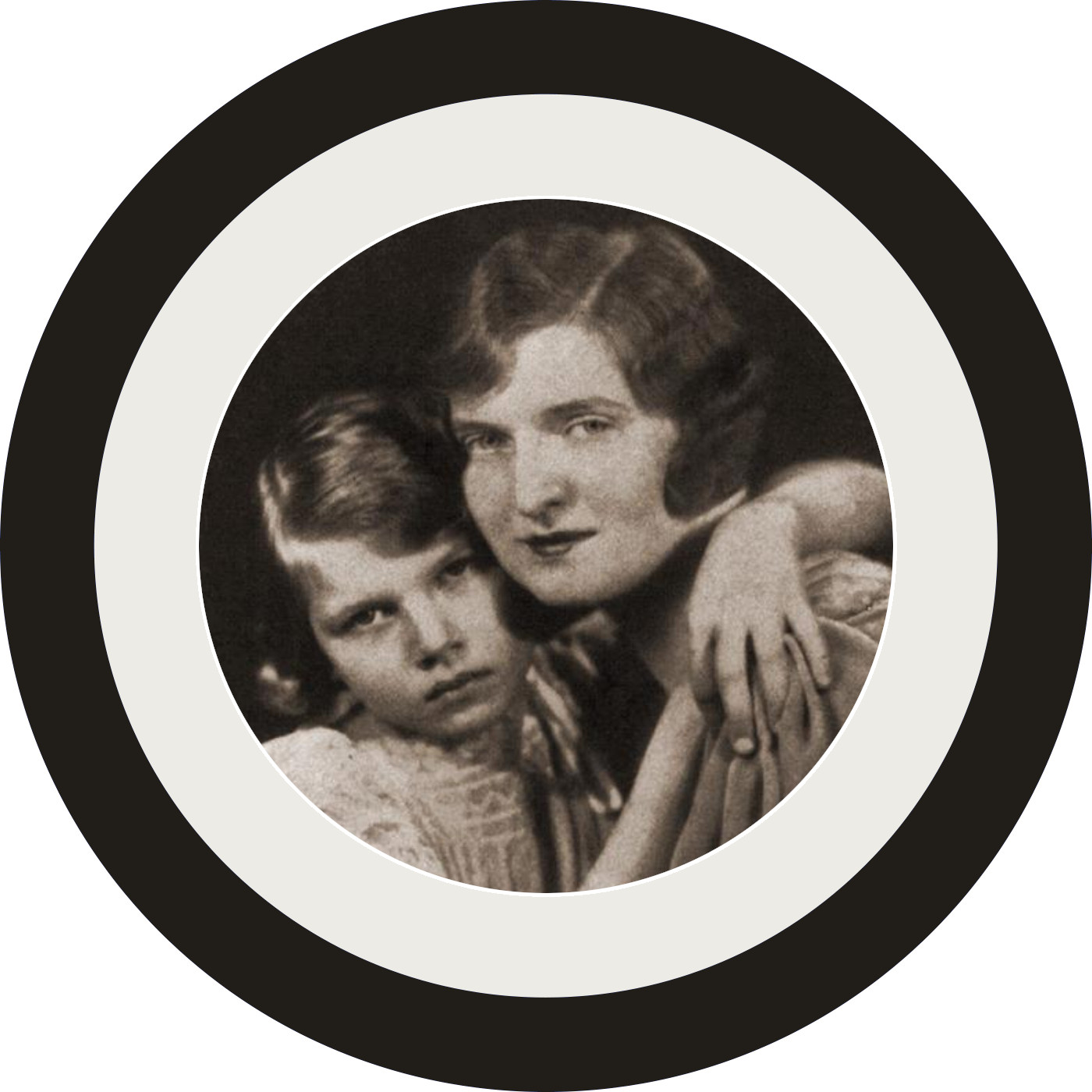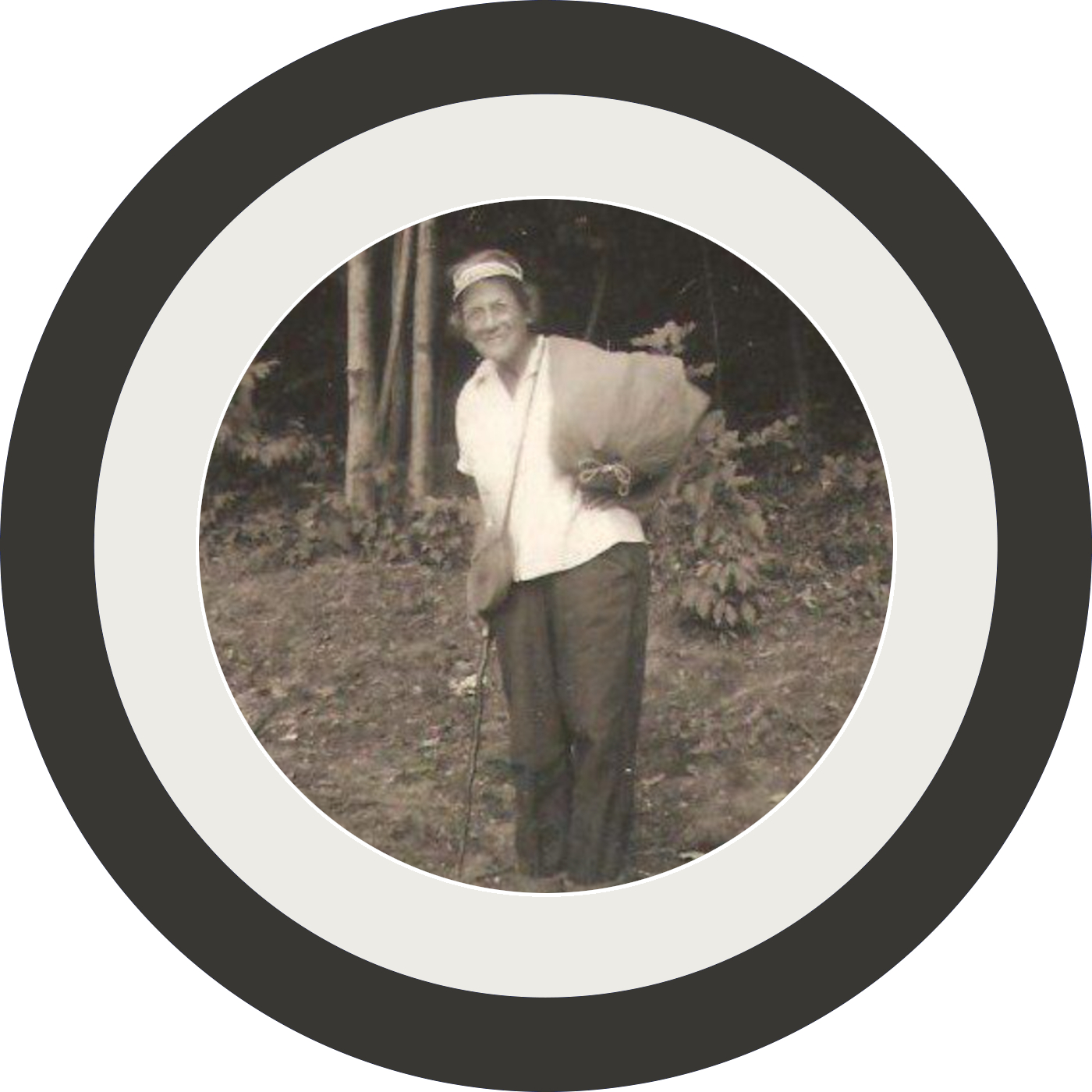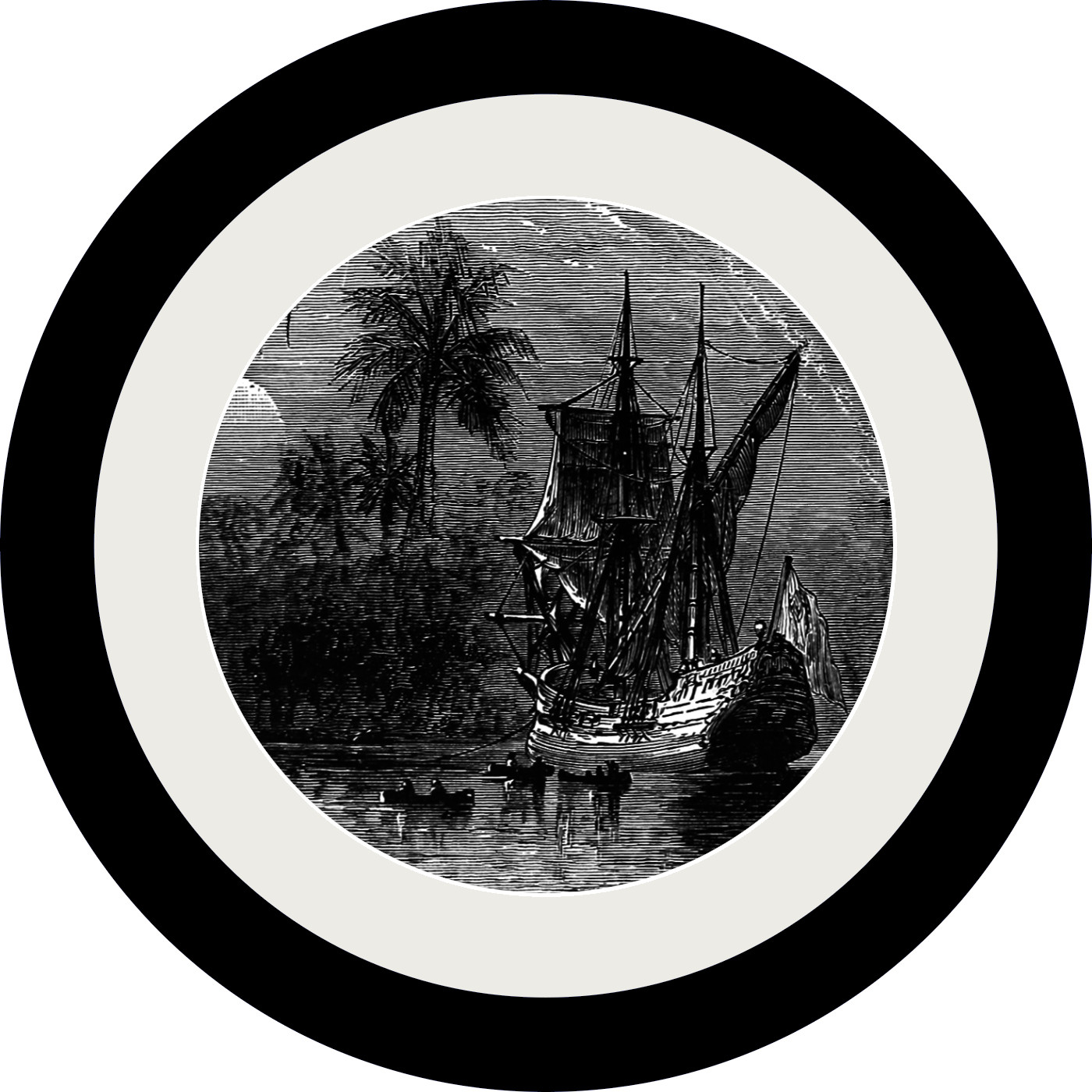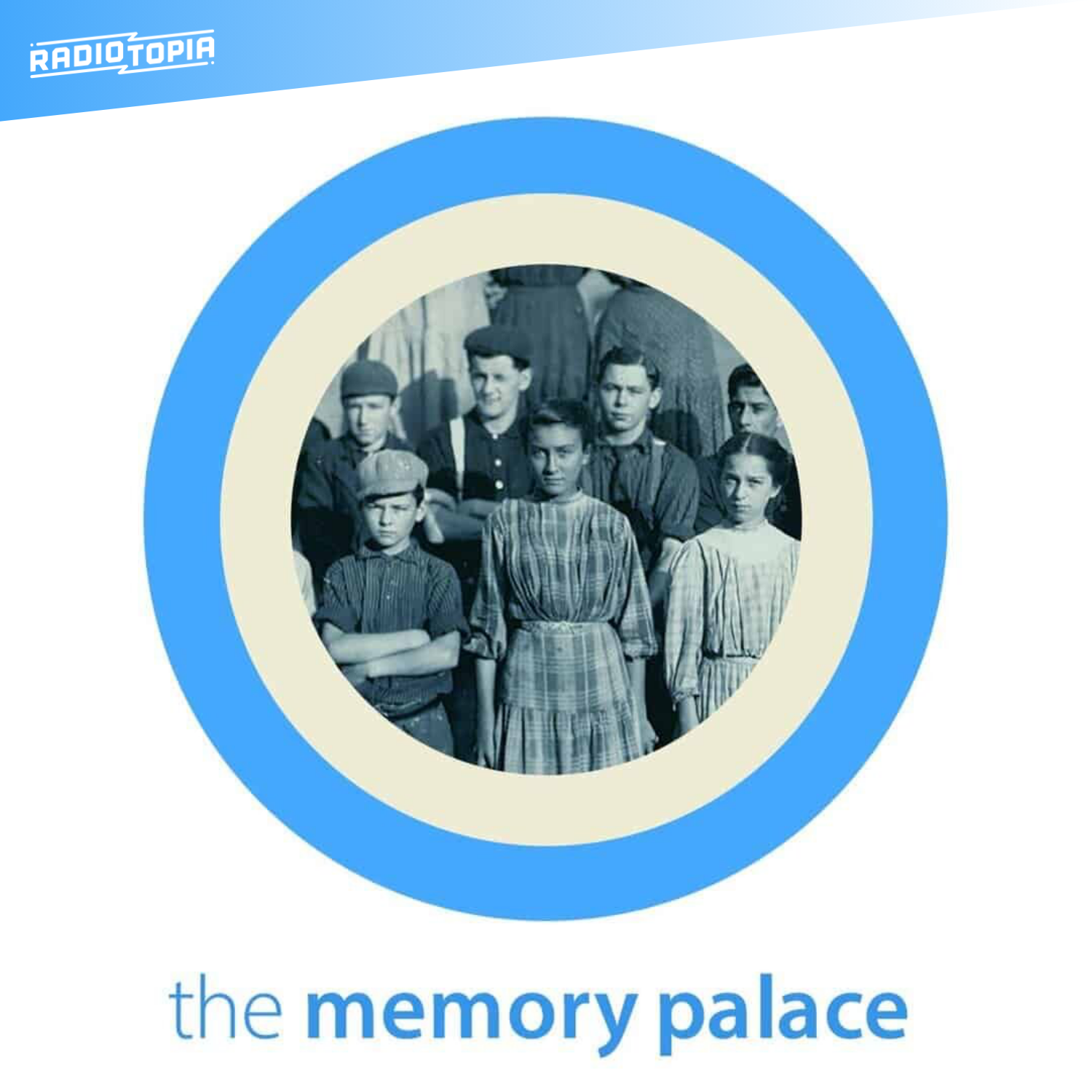Episode 233: Nan + Warren
Order The Memory Palace book now, dear listener. On Bookshop.org, on Amazon.com, on Barnes & Noble, or directly from Random House. Or order the audiobook at places like Libro.fm.
The Memory Palace is a proud member of Radiotopia from PRX. Radiotopia is a collective of independently owned and operated podcasts that’s a part of PRX, a not-for-profit public media company. If you’d like to directly support this show, you can make a donation at Radiotopia.fm/donate. I have recently launched a newsletter. You can subscribe to it at thememorypalacepodcast.substack.com.
Music
- Jobs, Winter Memory, and Slow Flood by Dark Dark Dark
- Carla et Roger aux sports l'hiver from the score to Le bel age by Georges Delareau
- Mt Baker by Kaitlyn Aurelia Smith
- All Creatures will Drink Joy by American Cream Band
- Every High (Piano Solo) by Kyson
- Vals Efter Lasse I Lyby by Lofoten Cello Duo
Notes
- You can read The President's Daughter here.
Learn about your ad choices: dovetail.prx.org/ad-choices
Press play and read along
Transcript
Transcript is processing—check back soon.
the memory palace — Episode 233: Nan + Warren





